2-6. As it had been said, the female swam on while her male perished (came to nothing, 0). For it was she who created the cycle - 'the Girdle' → Al-nitak (*84) - in order to make it all begin anew, Haka-taka. And Kui = Tui: Tui. 1. To sew mats, to make strings. E-tahi tuitui reipá i Te Pei, ekó rava'a e-varu kaukau; i-garo ai i Hiva, i te kaiga, a necklace of mother-of-pearl is on te Pei, few will find it (lit: eight groups of people); it has remained in Hiva, in our homeland. 2. The three stars of Orion's Belt. Vanaga. → Al-nilam = a string of pearls (*83)
... There is a couple residing in one place named Kui and Fakataka. After the couple stay together for a while Fakataka is pregnant. So they go away because they wish to go to another place - they go. The canoe goes and goes, the wind roars, the sea churns, the canoe sinks. Kui expires while Fakataka swims. Fakataka swims and swims, reaching another land. She goes there and stays on the upraised reef in the freshwater pools on the reef, and there delivers her child, a boy child. She gives him the name Taetagaloa. When the baby is born a golden plover flies over and alights upon the reef. (Kua fanau lā te pepe kae lele mai te tuli oi tū mai i te papa). And so the woman thus names various parts of the child beginning with the name 'the plover' (tuli): neck (tuliulu), elbow (tulilima), knee (tulivae) ...
Taka, takataka. Circle; to form circles, to gather, to get together (of people). Vanaga. 1. A dredge. P Mgv.: akataka, to fish all day or all night with the line, to throw the fishing line here and there. This can only apply to some sort of net used in fishing. We find in Samoa ta'ā a small fishing line, Tonga taka the short line attached to fish hooks, Futuna taka-taka a fishing party of women in the reef pools (net), Maori takā the thread by which the fishhook is fastened to the line, Hawaii kaa in the same sense, Marquesas takako a badly spun thread, Mangareva takara a thread for fastening the bait on the hook. ... The second list begins with Mem - water, and continues with Nun - fish, Samek - fish bones, Ayin - a water spring, Peh - the mouth of a well, Tsadi - to fish, Kof, Resh and Shin are the hook hole, hook head and hook teeth, known to exist from prehistoric times, and the Tav is the mark used to count the fish caught ... 2. Ruddy. 3. Wheel, arch; takataka, ball, spherical, round, circle, oval, to roll in a circle, wheel, circular piece of wood, around; miro takataka, bush; haga takataka, to disjoin; hakatakataka, to round, to concentrate. P Pau.: fakatakataka, to whirl around. Mq.: taka, to gird. Ta.: taa, circular piece which connects the frame of a house. Churchill. Takai, a curl, to tie; takaikai, to lace up; takaitakai, to coil. P Pau.: takai, a ball, to tie. Mgv.: takai, a circle, ring, hoop, to go around a thing. Mq.: takai, to voyage around. Ta.: taai, to make into a ball, to attach. Churchill. Takapu. Mq.: a girdle. Ma.: takapu, the belly. Churchill. Takau. Mgv.: ten pairs. Ta.: toau, id. Mq.: tekau, id. To.: tekau, id. Ma.: tekau, ten. Churchill. Takaure. Fly; horse-fly. Vanaga. A fly; takaure iti, mosquito; takaure marere ke, swarm. Churchill. ... Night came, midnight came, and Tuu Maheke said to his brother, the last-born: 'You go and sleep. It is up to me to watch over the father.' (He said) the same to the second, the third, and the last. When all had left, when all the brothers were asleep, Tuu Maheke came and cut off the head of Hotu A Matua. Then he covered everything with soil. He hid (the head), took it, and went up. When he was inland, he put (the head) down at Te Avaava Maea. Another day dawned, and the men saw a dense swarm of flies pour forth and spread out like a whirlwind (ure tiatia moana) until it disappeared into the sky. Tuu Maheke understood. He went up and took the head, which was already stinking in the hole in which it had been hidden. He took it and washed it with fresh water. When it was clean, he took it and hid it anew. Another day came, and again Tuu Maheke came and saw that it was completely dried out (pakapaka). He took it, went away, and washed it with fresh water until (the head) was completely clean. Then he took it and painted it yellow (he pua hai pua renga) and wound a strip of barkcloth (nua) around it.
He took it and hid it in the hole of a stone that was exactly the size of the head. He put it there, closed up the stone (from the outside), and left it there. There it stayed ... → the 23rd Chinese station Ghost.
In other words, she resharpened the Adze (haka-kaikai toki), making it sleep (moe) in order to wake up again fresh as new. Ha'amoe ra'a toki = 'Put the adze to sleep' (i.e. hide it in the temple during the night). Barthel.
Moe, To sleep, to lie at full length, to dream, to brood, to place, to cohabit; moe atu, to leave off, to desist; moe atu ra, to adjourn, to postpone; moe hakahepo, to talk in the deep; moe aherepo, somnambulist, sleepwalker; moe hakataha, to sleep on the side; moe no, to oversleep, concubinage; moe tahae, to be a light sleeper; moe tahaga, a sleeper; moe vaeahatu, moe hakaroa, to sleep sprawling; rava moe, to sleep sound; ariga moe ki raro, to lie flat on the ground; tae moe, bachelor; hakamoe, to brood, to fold the wings; to reserve, to lay up; to struggle. P Pau.: moe, sleep. Mgv.: moe, sleep, to lie down, coitus, to shut the eyes. Mq.: moe, to sleep, to lie down; haámoe, to set down on the ground. Ta.: moe, to sleep, to lie down. Moea raruga, lying flat. Moeaivi, thin. Mq.: ivi, haáivi, id. Ta.: ivi, id. Moega, mat. Pau.: moehega, bed. Mgv.: moega, a sleeping mat. Mq.: moena, moeka, mat, floor cloth, bed. Ta.: moea, bed. Moemata, to sleep with the eyes open; mea moemata, phantom. Moemoea, a dream, vision; tikeahaga moemoea, apparition by night. T Mgv., Mq., Ta.: moemoea, dream. Churchill. Mgv. Moemoe, to steal, to purloin at a food distribution. Mq.: moemoe, to seize, to grasp. Churchill. Ta.: 1. Moemoe, ambush. Ha.: moemoe, id. 2. Moemoe, Phyllanthus simplex. To.: mohemohe, a tree. Churchill. Mq.: Moehu, exiled, banished, prisoner of war. Ma.: morehu, a survivor. Churchill. Possibly haka-kaikai toki meant the use of a string (Kui) figure (kaikai) named Adze (Toki → Taka) in order to magically induce a sleepy state of mind - like in a room named Dormitory (→ Dormouse):
... 'Tell us a story!' said the March Hare. 'Yes, please do!' pleaded Alice. 'And be quick about it', added the Hatter, 'or you'll be asleep again before it's done.' 'Once upon a time there were three little sisters', the Dormouse began in a great hurry: 'and their names were Elsie, Lacie, and Tillie; and they lived at the bottom of a well — '
... The Mahabharata insists on six as the number of the Pleiades as well as of the mothers of Skanda and gives a very broad and wild description of the birth and the installation of Kartikeya 'by the assembled gods ... as their generalissimo', which is shattering, somehow, driving home how little one understands as yet. The least which can be said, assuredly: Mars was 'installed' during a more or less close conjunction of all planets; in Mbh. 9.45 (p. 133) it is stressed that the powerful gods assembled 'all poured water upon Skanda, even as the gods had poured water on the head of Varuna, the lord of waters, for investing him with dominion'. And this 'investiture' took place at the beginning of the Krita Yuga, the Golden Age ...
And in conjunction with Sirius in Canis Major a new source of sweet water was created: ... In ancient Egypt they thought Sirius was behind the yearly rise of the Nile ... the seasonal cycle, throughout the ancient world, was the foremost sign of rebirth following death, and in Egypt the chronometer of this cycle was the annual flooding of the Nile.
Numerous festival edifices were constructed, incensed, and consecrated; a throne hall wherein the king should sit while approached in obeisance by the gods and their priesthoods (who in a crueler time would have been the registrars of his death); a large court for the presentation of mimes, processions, and other such visual events; and finally a palace-chapel into which the god-king would retire for his changes of costume ...
... Ebony label EA 32650 from Den's tomb. The upper right register depicts king Den twice: at the left he is sitting in his Hebsed pavilion, at the right he is running a symbolic race around D-shaped markings. This ceremony is connected to the so-called 'race of the Apis bull'. The middle right section reports about the raid of the city 'beautiful door' and about a daughter of Den suffering from an unknown disease. The lower right section reports about the visitation of the 'souls of Peh' at the royal domain 'Wenet'. The left part of the label describes the content of the vessel that once belonged to the label and mentions the high official Hemaka, who was obviously responsible for the delivery of the labeled jar ...
... And this is when a maiden heard of it, the daughter of a lord. Blood Gatherer is the name of her father, and Blood Moon is the name of the maiden.
And when he heard the account of the fruit of the tree, her father retold it. And she was amazed at the account: I'm not acquainted with that tree they talk about. It's fruit is truly sweet! they say, I hear, she said. Next, she went all alone and arrived where the tree stood. It stood at the Place of Ball Game Sacrifice. What? Well! What's the fruit of this tree? Shouldn't this tree bear something sweet? They shouldn't die, they shouldn't be wasted. Should I pick one? said the maiden. And then the bone spoke; it was there in the fork of the tree: Why do you want a mere bone, a round thing in the branches of a tree? said the head of One Hunaphu when it spoke to the maiden. You don't want it, she was told. I do want it, said the maiden. Very well. Stretch out your right hand here, so I can see it, said the bone.
Yes, said the maiden. She stretched out her right hand, up there in front of the bone. And then the bone spit out its saliva, which landed squarely in the hand of the maiden. And then she looked in her hand, she inspected it right away, but the bone's saliva wasn't in her hand. It is just a sign I have given you, my saliva, my spittle. This, my head, has nothing on it - just bone, nothing of meat. It's just the same with the head of a great lord: it's just the flesh that makes his face look good. And when he dies, people get frightened by his bones. After that, his son is like his saliva, his spittle, in his being, whether it be the son of a lord or the son of a craftsman, an orator. The father does not disappear, but goes on being fulfilled. Neither dimmed nor destroyed is the face of a lord, a warrior, craftsman, an orator. Rather, he will leave his daughters and sons. So it is that I have done likewise through you. Now go up there on the face of the earth; you will not die. Keep the word. So be it, said the head of One and Seven Hunaphu - they were of one mind when they did it ...
|
|||||||||||||||||||||||||||||||||||||||||||||||||||||||||||||||||||||||||||||||||||||||||||||||||||||||||||||||
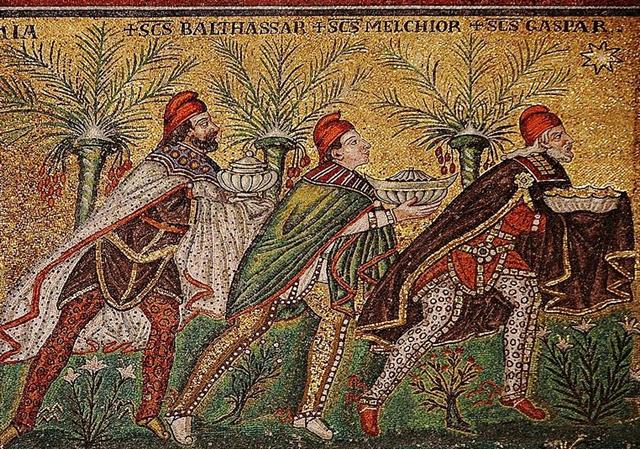
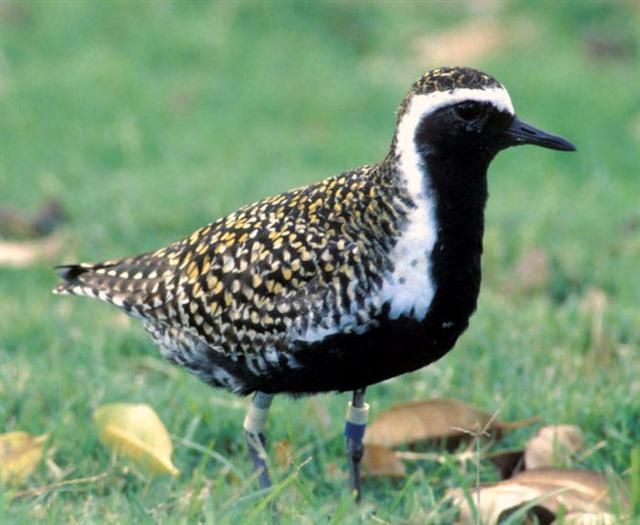
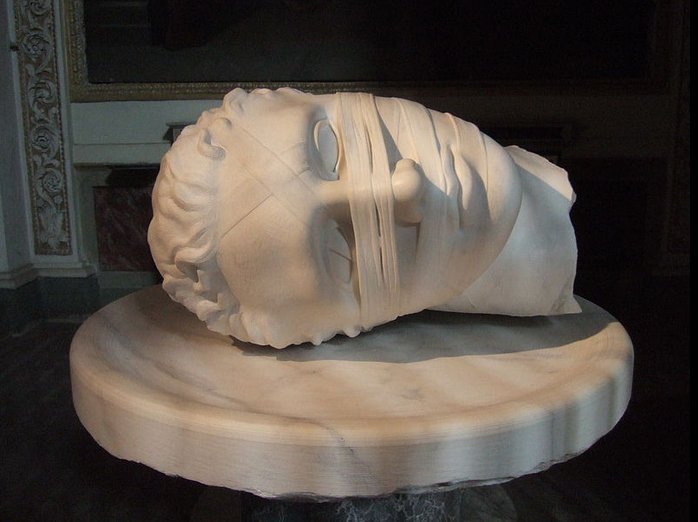
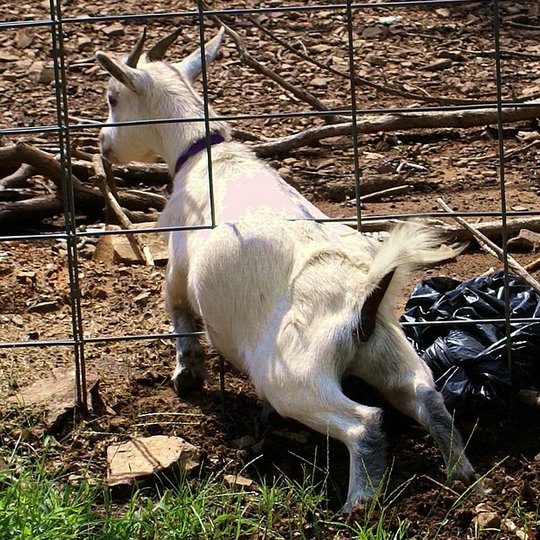

.jpg)
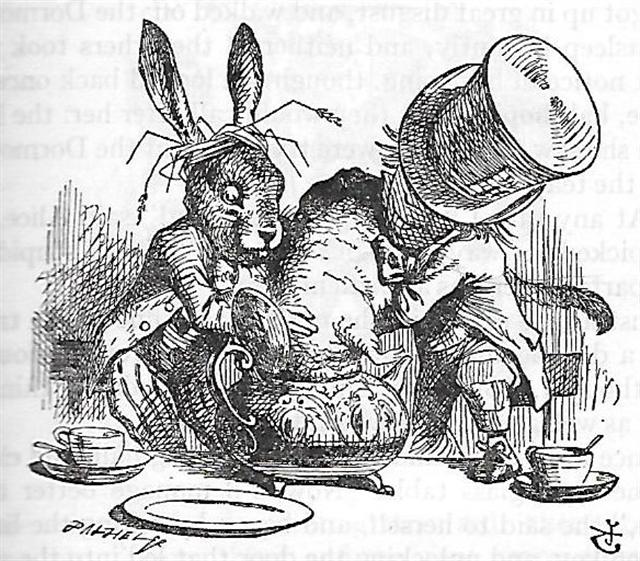
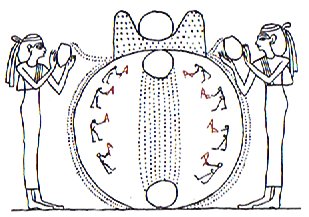




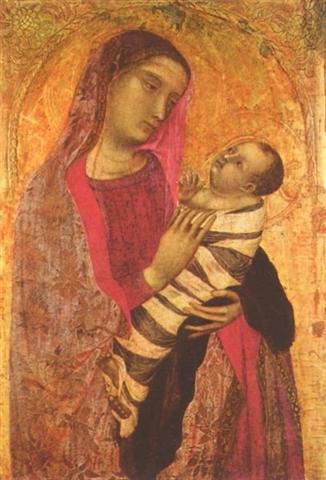
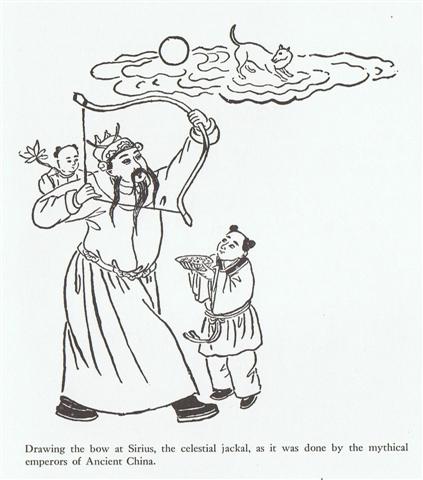
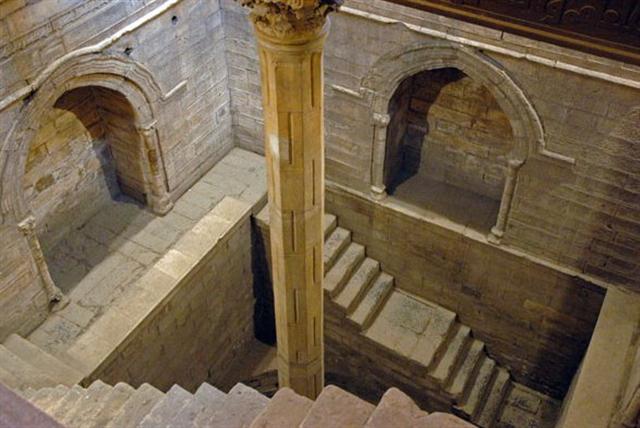
.jpg)
.jpg)


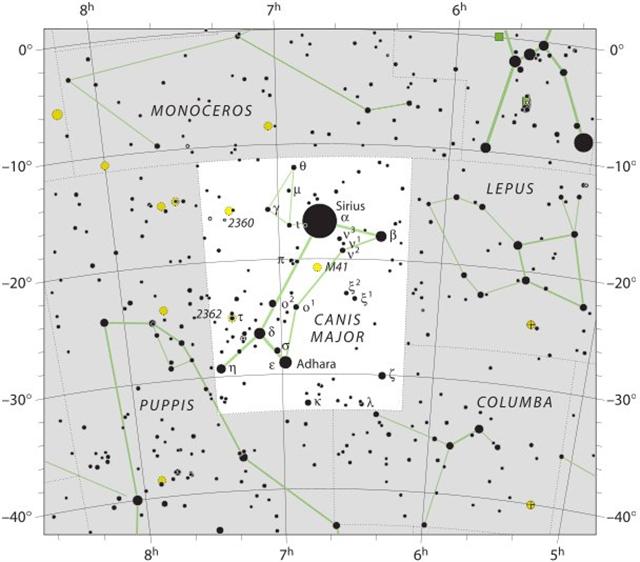
.jpg)

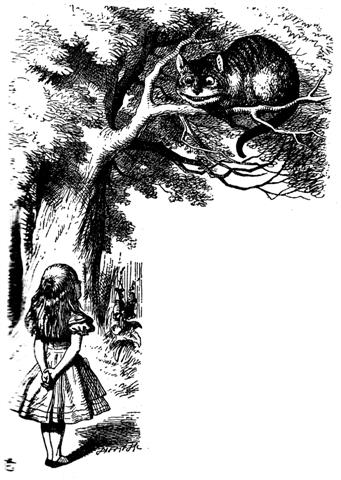



.jpg)
.jpg)